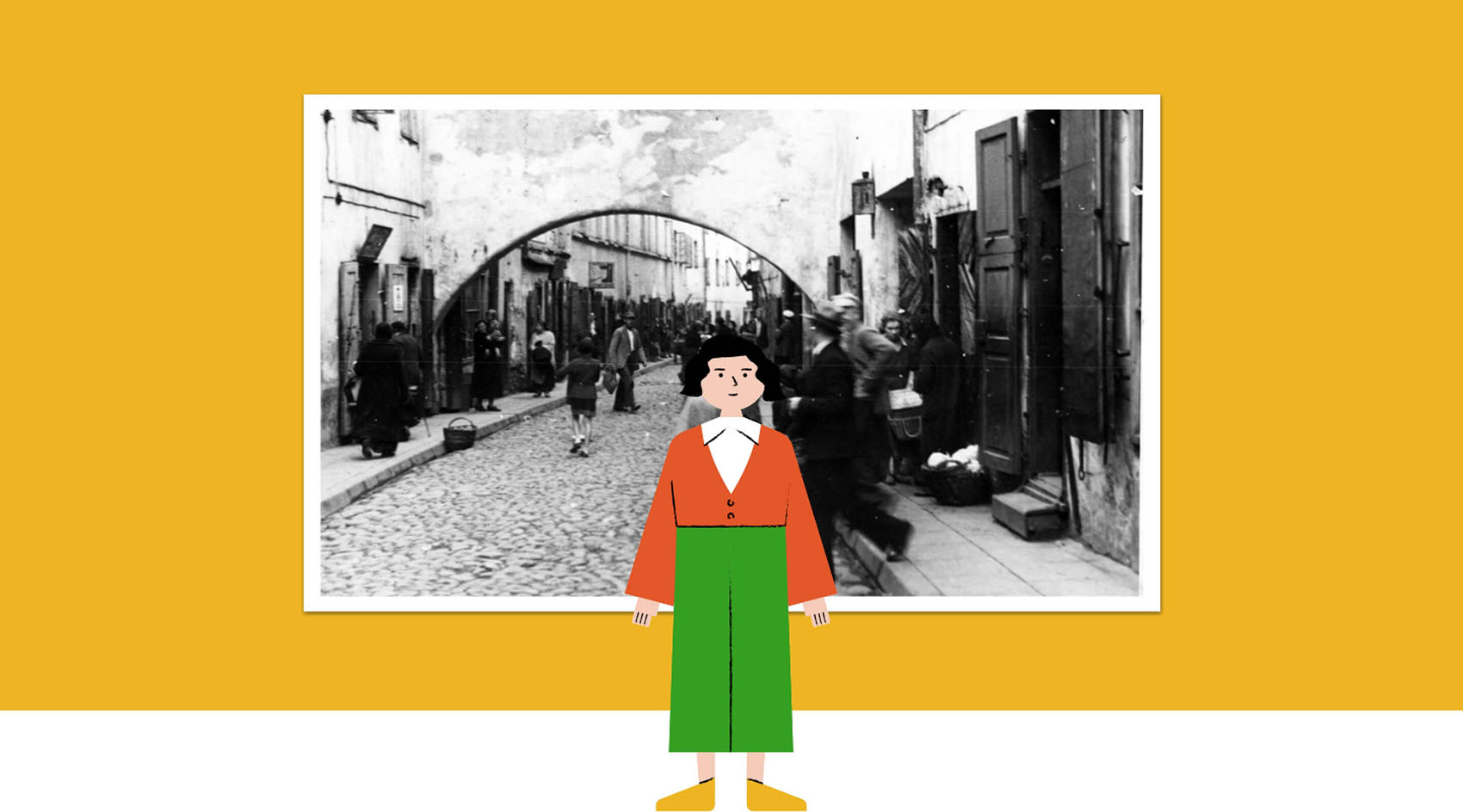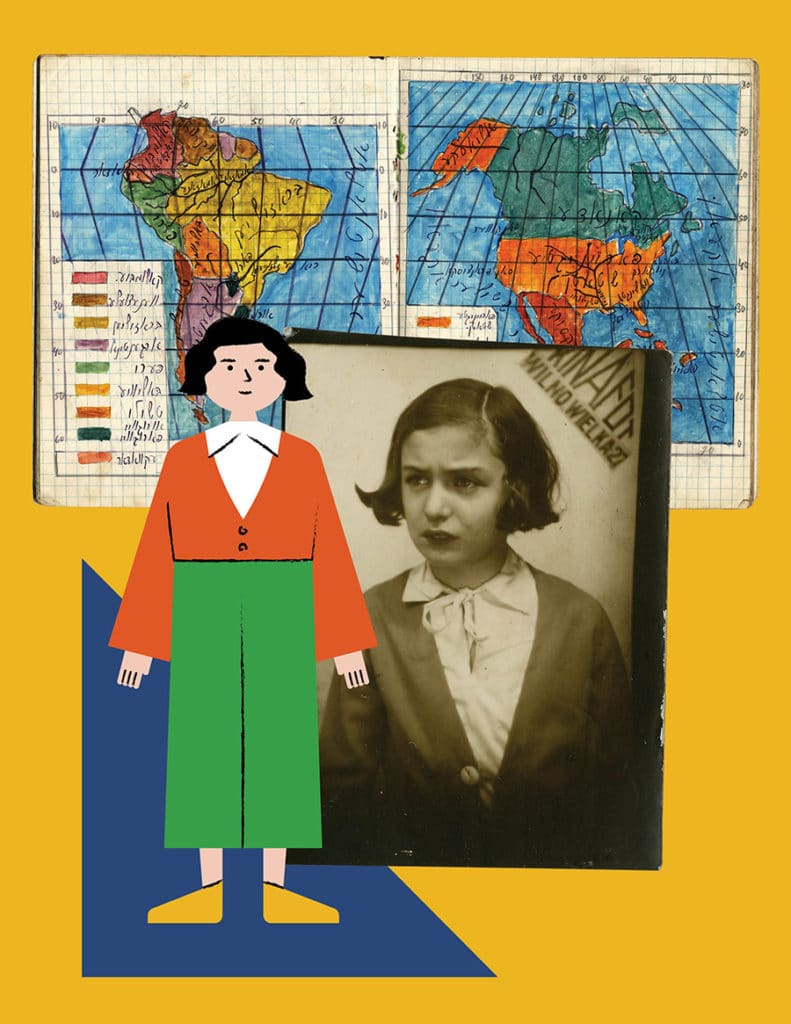 Images: Courtesy YIVO Institute for Jewish Research
Images: Courtesy YIVO Institute for Jewish Research While visiting museums is not an option during the COVID-19 pandemic, cultural and historical institutions like the YIVO Institute for Jewish Research has made it possible to virtually explore many of the items and volumes in its vast archives. Its latest initiative is the YIVO Bruce and Francesca Cernia Slovin Online Museum and its inaugural interactive exhibition, “Beba Epstein: The Extraordinary Life of an Ordinary Girl.”
The exhibition encompasses over 200 artifacts and is divided into chapters about Epstein’s life in Eastern Europe, anti-Semitism, and the Holocaust, plus her own autobiography written pre-World War II, when she was in the fifth grade. Epstein spent the war in and out of the Vilna ghetto, worked in a slave-labor factory, and was sent to several concentration camps. She survived the Shoah and lived out her life in Los Angeles.
“Beba Epstein lived through extraordinary times, but as her autobiography shows, she was also a regular fifth-grader who loved her summer holidays and spending time with her family. By making her firsthand account and other rare contemporaneous materials available to viewers with the click of a mouse, we hope to inspire empathy and instill understanding that discrimination can alter the course of a single life and whole communities’ fate, and no one is immune from it,” museum chief curator Karolina Ziulkoski said.
“What we worked towards in the exhibition was to always make the connection between her life and the historical context around her, and how they influenced, and had real consequences, in her life. We use the micro perspective to teach about macro subjects, using storytelling as the main tool to achieve this.”
According to YIVO CEO Jonathan Brent, the virtual museum “is the most extensive initiative YIVO has ever taken in public education concerning the history of East European Jewish life, integrating all the resources of YIVO’s immense archive and library—archival documents, children’s books, photographs, sound recordings, and much more—into a coherent narrative that is about both a young girl’s life and a civilization that vanished.
“Much of this priceless material has never before been available to the general public,” he continued. “Using digital technologies and online learning, the YIVO Cernia Slovin Online Museum will transform the ways audiences of all ages and backgrounds think about and connect with Jewish history, challenging stereotypes and providing a compelling context that helps us better understand who we are as a people and where we come from.”
Museum access is free. Click here.






















 More news and opinions than at a Shabbat dinner, right in your inbox.
More news and opinions than at a Shabbat dinner, right in your inbox.